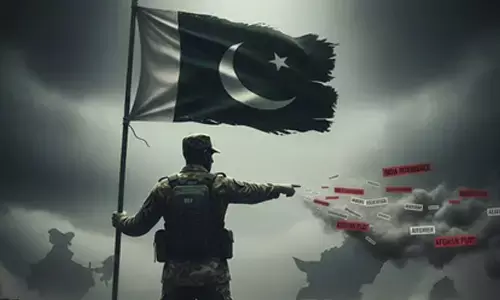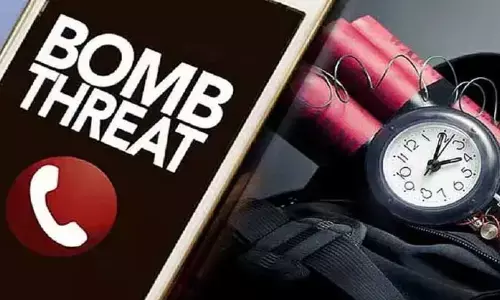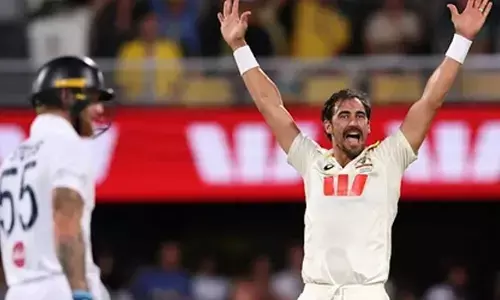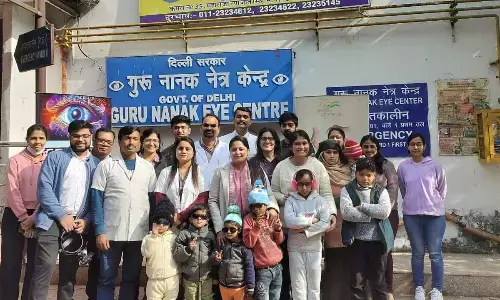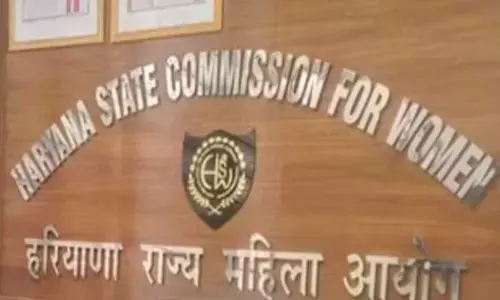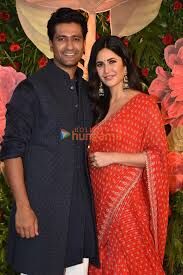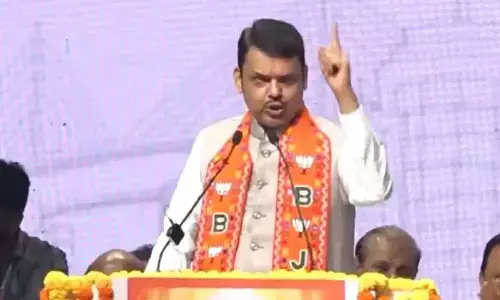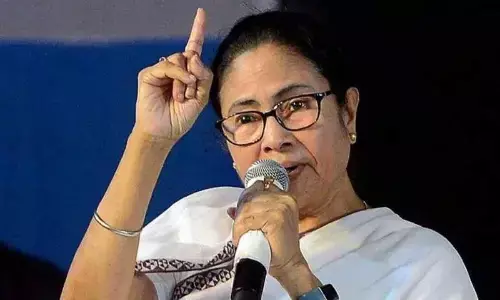Mera Pehla Vote Desh Ke Liye: Role of youth in democracy
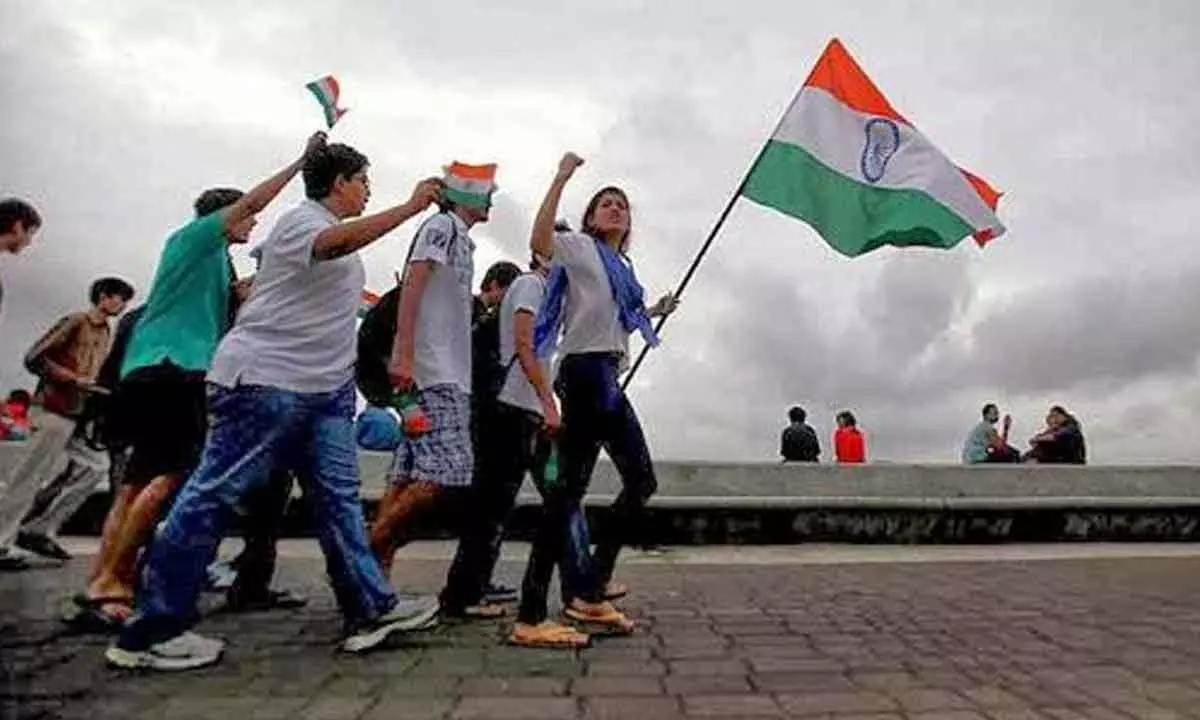
Observations highlight the continuing importance of community-based genomic surveillance both to monitor the emergence and spread of new variants, but also to gain a fundamental understanding of the natural history and evolution of novel pathogens and their clinical implications for patients
India has the biggest young population in the world, with over 808 million people under the age of 35, or around 66% of the overall population. With an average age of 25, India’s youthful population is an important voting bloc for younger people. The narrow margin in comparison to past elections does not point to a notable rise in the impact of the youth vote. The youth make up a sizable section of the population in India, where the median age is still under 30, and they carry with them the unmatched potential of “Yuva Shakti.”
The Election Commission of India (ECI) recently launched the “Mera Pehla Vote Desh Ke Liye” (My first vote for the country) campaign aimed at fostering universal, enlightened participation of youth in elections. This campaign aims to encourage India’s first-time voters to cast ballots in significant numbers and wisely for the development of the nation. At the same time, the Ministry of Education launched this campaign in higher education institutions too, because mostly youth are in educational institutions.
The 18th Lok Sabha election in India, with 96.88 crore registered voters, is expected to attract a 6% increase in voter registration compared to 2019. The campaign aims to inspire young voters, particularly first-time voters, to participate in the democratic process. The government has called the drive an awareness campaign for youth to become active members of the democracy, but it is just another form of the “Viksit Bharat Yatra.” In every election, there will be first-time voters, but the increase in that number is significant this time. The number of first-time voters increased by a few lakhs, according to the final voter lists released by several states, including West Bengal, Orissa, Maharashtra, Kerala, and Tamil Nadu. To put things in perspective, the state of Maharashtra has 9.12 crore voters out of its 13.5 crore total population. 10.18 lakh of those 9.12 crore are first-time voters. 9.26 lakh voters in Bihar are between the ages of 18 and 19. In Andhra Pradesh, there are 5.25 lakh first-time voters, compared to 1.25 lakh in Kerala. This implies that if young people use their right to vote, they will be extremely significant in the next Lok Sabha elections.
In urban areas, the Election Commission of India is effectively promoting voter engagement. Political parties must, however, develop an agenda that appeals to young voters and makes them worthy of support. The creation of narratives and the dissemination of information have been transformed by the digital age. Digital campaigns, online discussion boards, and social media platforms have become effective means of organizing and galvanizing support, especially among young people. Students can get further engaged and educated about the election process through workshops, seminars, voter pledge campaigns, and flash mobs. NSS volunteers and institutional groups are actively participating in the campaign. The present generation is highly influenced by social media, which has been the case since the 2014 elections. However, the number of social media users has gone drastically up in the past ten years, making it the most effective tool for creating awareness among the youth about the importance of voting.
India has a large number of young people that grows annually, which has led to a rise in half of the youth electorate. In a similar vein, young voters are increasingly important in deciding the outcome of every election. When social media wasn’t around, voter registration rates were a little lower. However, in the modern age of technology, the Election Commission is using social media to reach voters, reaching out to both the youth and the general public. It’s also hosting numerous events and voter awareness exhibitions. As a result, voters are not only registering to vote but also informing others that they will undoubtedly cast a ballot in the elections. In particular, the youth are addressed in Prime Minister Narendra Modi’s “Mann Ki Baat” radio programme, which additionally helped in expanding voter registration by encouraging youth participation.
The participation of youth in democracy goes beyond casting votes during elections. It involves active engagement in political processes, such as joining political parties, advocacy groups, or civil society organizations. In this way, through many new methods and programmes, the Election Commission and the central government’s programmes are surely going to make youth votes very important in the coming general elections. Finally, the ‘Mera Pehla Vote Desh Ke Liye’ campaign, backed by various sectors, has transformed into a people’s movement, especially symbolising a united youth force for democratic participation.
(The writer is a freelance writer & independent researcher from Hanumakonda, Telangana)








